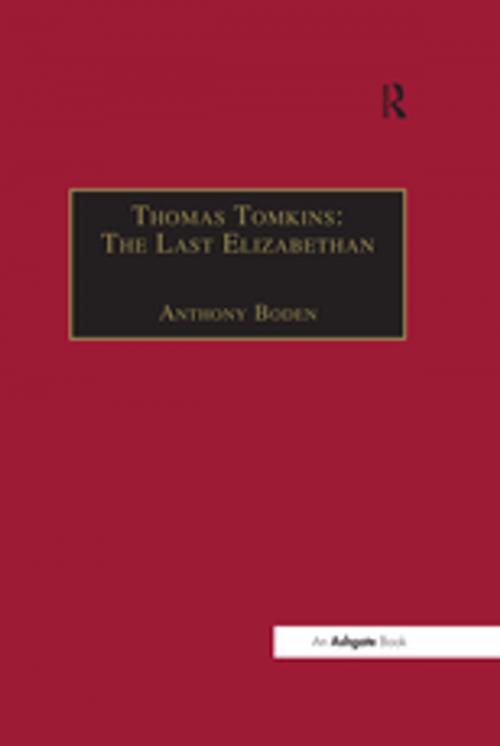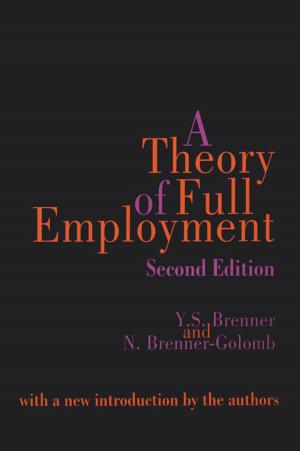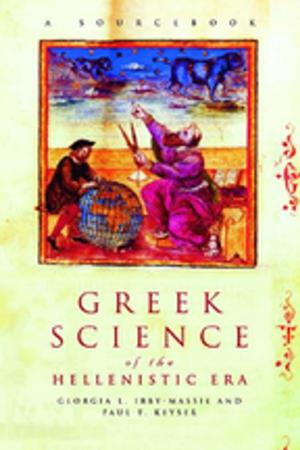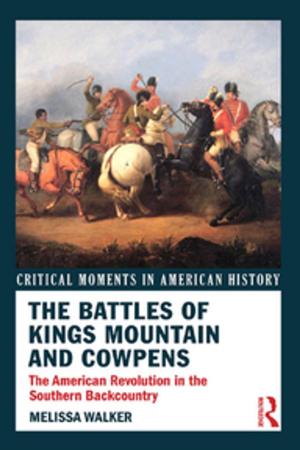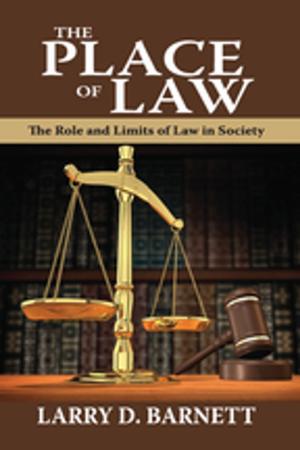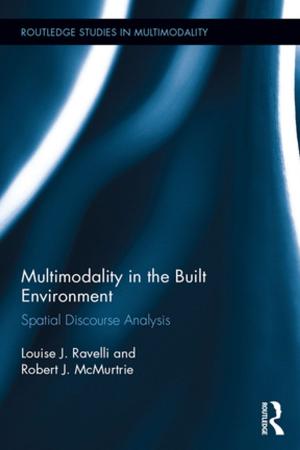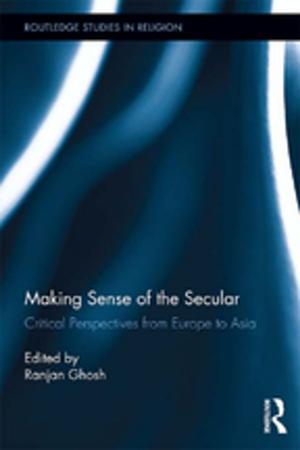| Author: | ISBN: | 9781351539166 | |
| Publisher: | Taylor and Francis | Publication: | July 5, 2017 |
| Imprint: | Routledge | Language: | English |
| Author: | |
| ISBN: | 9781351539166 |
| Publisher: | Taylor and Francis |
| Publication: | July 5, 2017 |
| Imprint: | Routledge |
| Language: | English |
Thomas Tomkins (1572-1656), a major figure of the Golden Age of British music, was arguably the greatest of all Welsh-born composers. Living through one of the most revolutionary periods in British history, his professional life was spent in the service of the Crown and the Church at both the Chapel Royal and Worcester Cathedral. Surviving the Civil War, the suppression of the music of the English Church, the closure of the Chapel Royal, the destruction of his organ at Worcester and the devastation of the city, Tomkins was able to find the strength and inspiration to continue composing secular music of fine quality. Much of Tomkins's output has survived, including his collection of music for the Anglican rite, Musica Deo Sacra, published posthumously in 1668. His work embraced both sacred and secular vocal music, pieces for keyboard and for viol consort, thereby proving him to be one of the most versatile figures of English Renaissance music. The first part of the book provides an absorbing biography of Tomkins, setting his life into fascinating historical context. The second and third parts include major essays on Tomkins by Denis Stevens, Bernard Rose, Peter James and David Evans, all authorities on the music of the period with each providing perceptive insights into Tomkins's music. The result is a successful piece of collective work that properly places Tomkins and his achievements in his time and enables readers to reassess him properly in relation to his elders and contemporaries. Tomkins has still not reached the 'household name' status of his great teacher, William Byrd, or of his close friend and colleague, Orlando Gibbons, but he is undoubtedly worthy of much greater recognition. The book complements the increasing number of live performances and recordings of Tomkins's music, both sacred and secular, and such a comprehensive account of the man and his work should appeal to early music scholars, performers and music lovers alike.
Thomas Tomkins (1572-1656), a major figure of the Golden Age of British music, was arguably the greatest of all Welsh-born composers. Living through one of the most revolutionary periods in British history, his professional life was spent in the service of the Crown and the Church at both the Chapel Royal and Worcester Cathedral. Surviving the Civil War, the suppression of the music of the English Church, the closure of the Chapel Royal, the destruction of his organ at Worcester and the devastation of the city, Tomkins was able to find the strength and inspiration to continue composing secular music of fine quality. Much of Tomkins's output has survived, including his collection of music for the Anglican rite, Musica Deo Sacra, published posthumously in 1668. His work embraced both sacred and secular vocal music, pieces for keyboard and for viol consort, thereby proving him to be one of the most versatile figures of English Renaissance music. The first part of the book provides an absorbing biography of Tomkins, setting his life into fascinating historical context. The second and third parts include major essays on Tomkins by Denis Stevens, Bernard Rose, Peter James and David Evans, all authorities on the music of the period with each providing perceptive insights into Tomkins's music. The result is a successful piece of collective work that properly places Tomkins and his achievements in his time and enables readers to reassess him properly in relation to his elders and contemporaries. Tomkins has still not reached the 'household name' status of his great teacher, William Byrd, or of his close friend and colleague, Orlando Gibbons, but he is undoubtedly worthy of much greater recognition. The book complements the increasing number of live performances and recordings of Tomkins's music, both sacred and secular, and such a comprehensive account of the man and his work should appeal to early music scholars, performers and music lovers alike.
